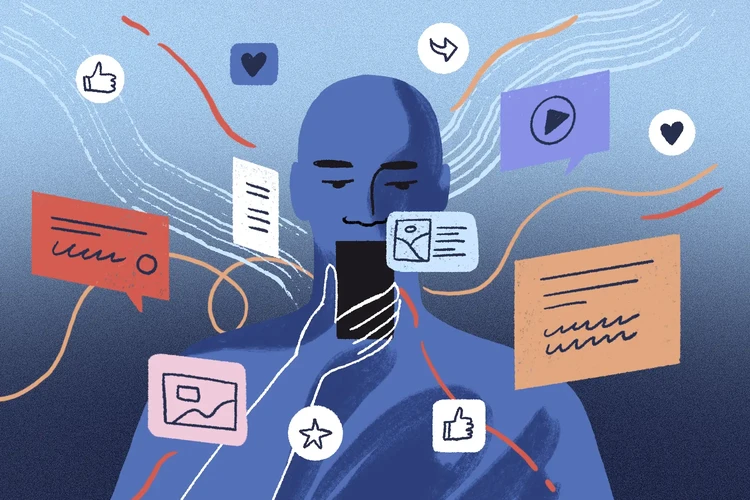
19 May 2025
This is the first of 11 articles we are publishing on the right to be informed. We are publishing the articles over two weeks starting 19 May 2025.
We are bombarded with more information than ever in history. Daily, hundreds of thousands of news articles and commentaries are published online, tens of thousands of which are AI-generated. Add to this the millions of Facebook and Instagram posts, TikTok and YouTube videos, and tweets and WhatsApp messages.
It has become nearly impossible to consistently differentiate between what is true or false, or to decide whether a source can be trusted.
We argue in this series that to be informed should be a human right. The right to be informed is crucial to the functioning of democratic societies.
This right is threatened mostly by the large digital platforms — Twitter (X), Facebook, Instagram, TikTok, Google, etc. — on which we are increasingly being notified of news. The computer programs selecting what we see on our devices are for the most part opaque. We have only vague notions of how our news is selected. The programs have also become so complex — multi-billion-parameter artificial neural networks trained on petabytes of data — that not even the engineers who develop them properly understand how they work.
These platforms are not optimised to provide us with accurate and useful information; they are instead tuned to keep us glued to our devices, so that we may see more adverts — the profit-generating content of the social media platforms.
This encourages content creators, including news publications, to produce clickbait nonsense. Low quality, low factuality news publications thrive in this environment. More reliable publications, which delay publication to fact-check and edit their articles, and write sober headlines and content, struggle to compete.